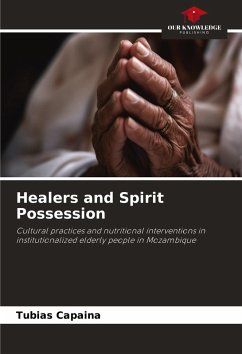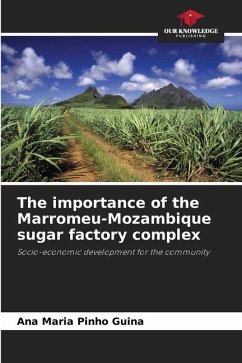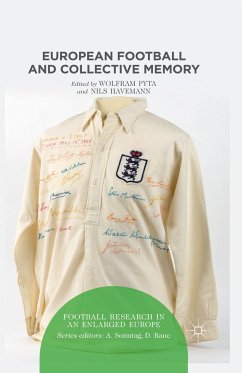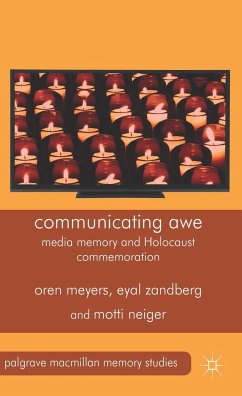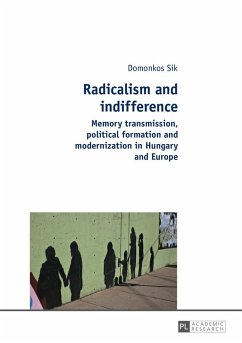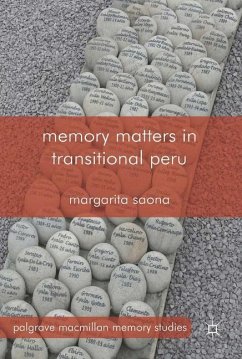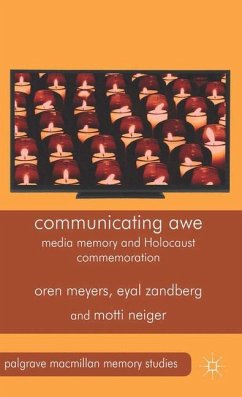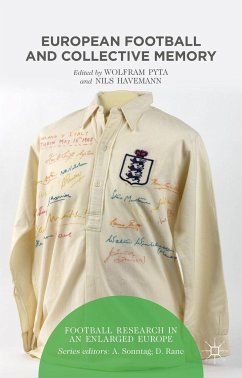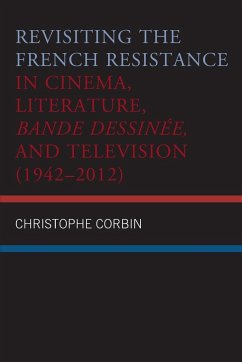
History and memory in Mozambique
Dispute over memory in the city of Beira
Versandkostenfrei!
Versandfertig in 6-10 Tagen
41,99 €
inkl. MwSt.

PAYBACK Punkte
21 °P sammeln!
The thesis explores discourses, commemorations and monuments that are part of the construction of Mozambique's national history, as well as some more recent conflicts in this area. Reflecting on the data collected through semi-structured interviews with key informants and members of political parties, and ethnographic observations made over two years (2014 and 2016) in the city of Beira - an area in conflict and experiencing political change - the research reveals that the new political elites that have risen to power since the local elections of 2013 are trying to control and dispute narrativ...
The thesis explores discourses, commemorations and monuments that are part of the construction of Mozambique's national history, as well as some more recent conflicts in this area. Reflecting on the data collected through semi-structured interviews with key informants and members of political parties, and ethnographic observations made over two years (2014 and 2016) in the city of Beira - an area in conflict and experiencing political change - the research reveals that the new political elites that have risen to power since the local elections of 2013 are trying to control and dispute narratives. In relation to the armed conflict between FRELIMO and RENAMO (1976-1992), there is an attempt here to make a second version of history official and hegemonic, by renaming a square and building a monument in honour of the first RENAMO commander, André Matsangaíssa, and also by officialising the Peace Square. With regard to the war between FRELIMO and the Portuguese government (1964-1974),the commemoration of 'Heroes' Day' reveals that the MDM is challenging the hegemonic narrative sponsored by the state.





